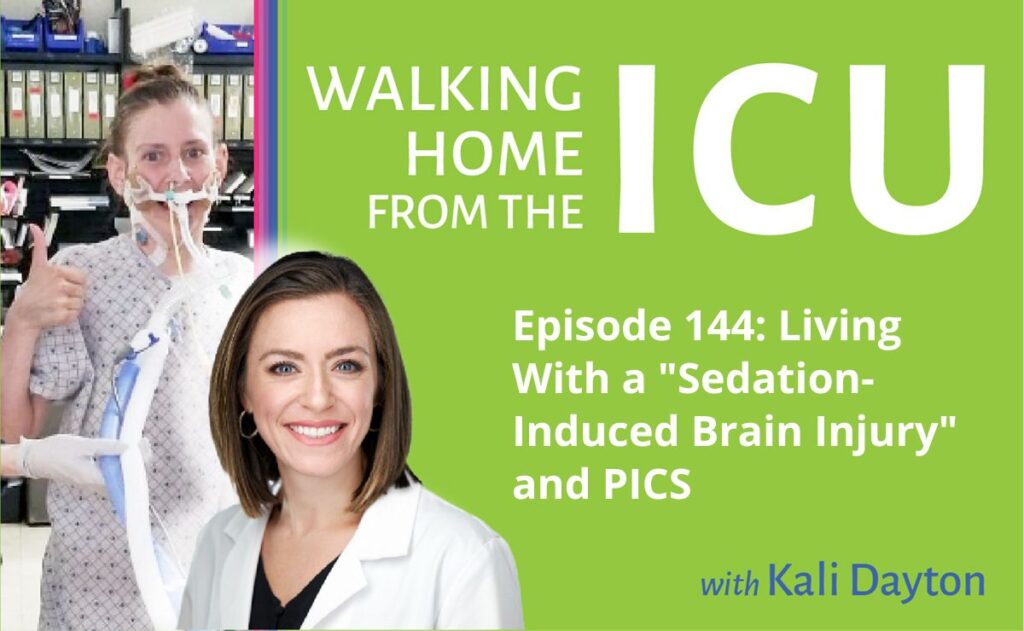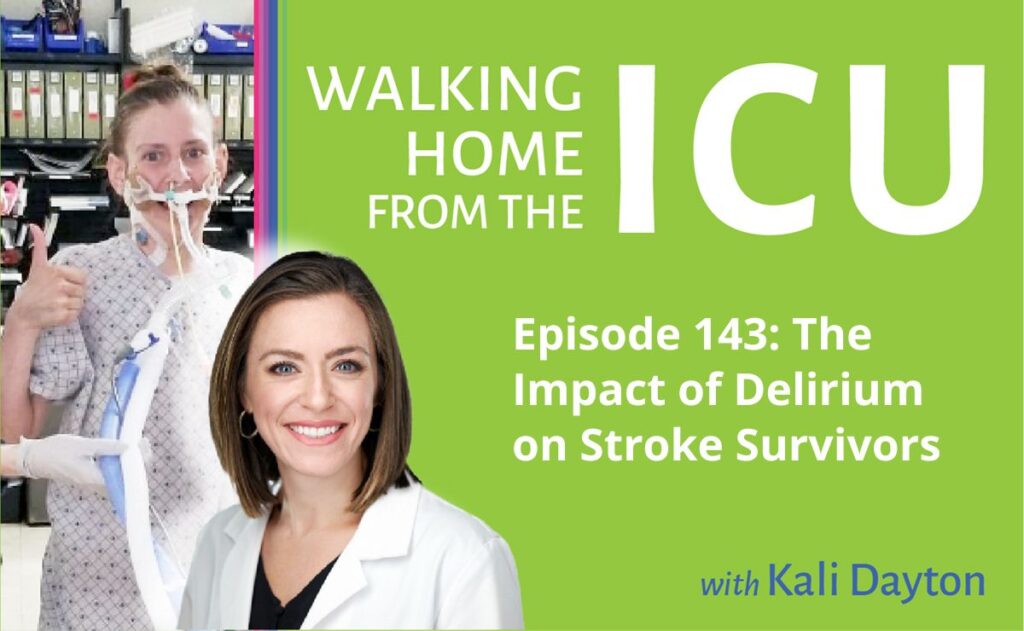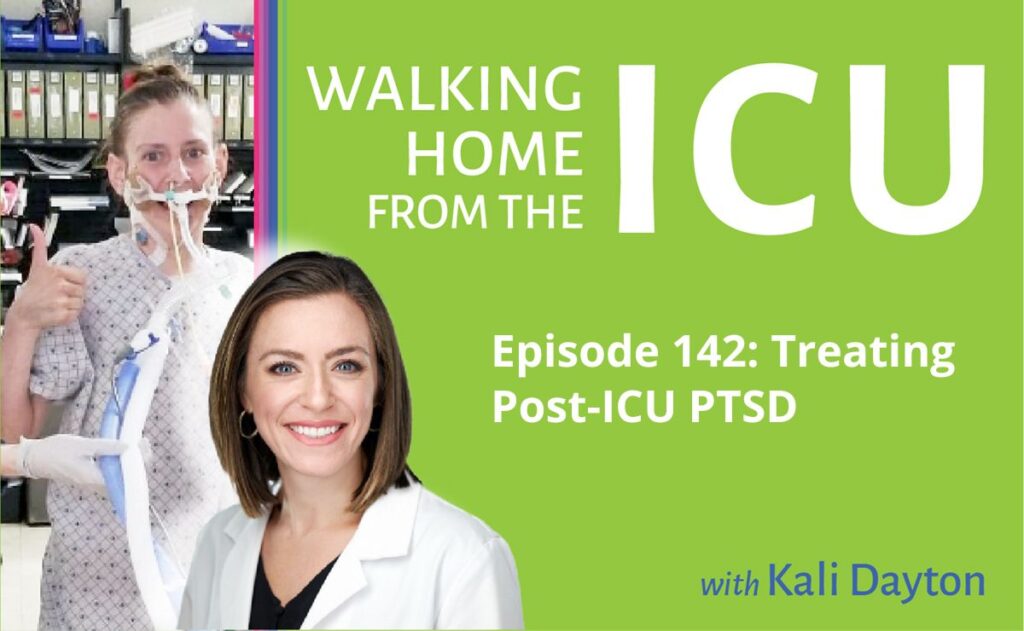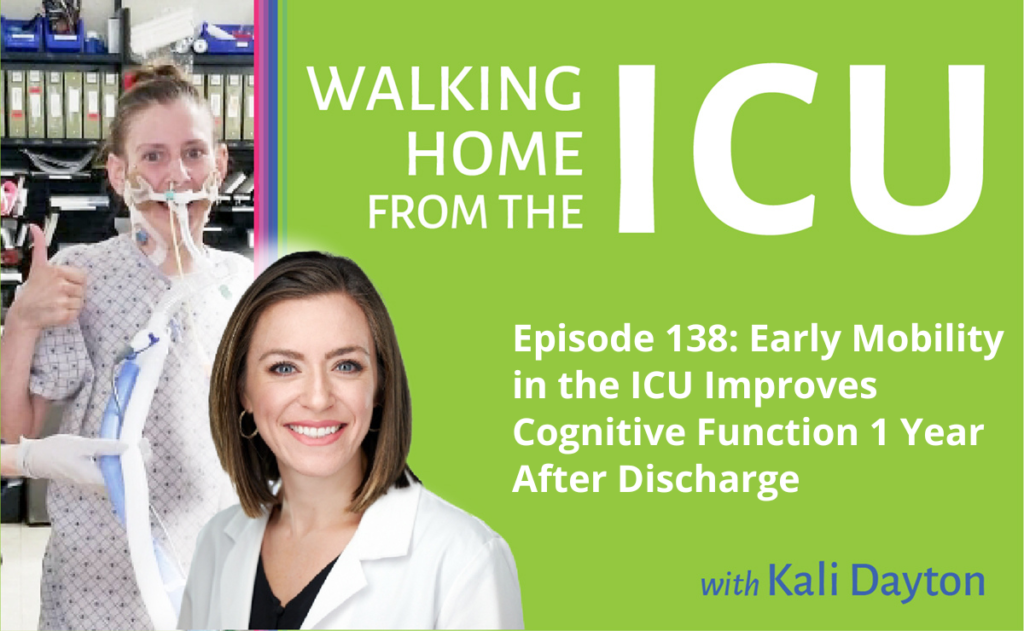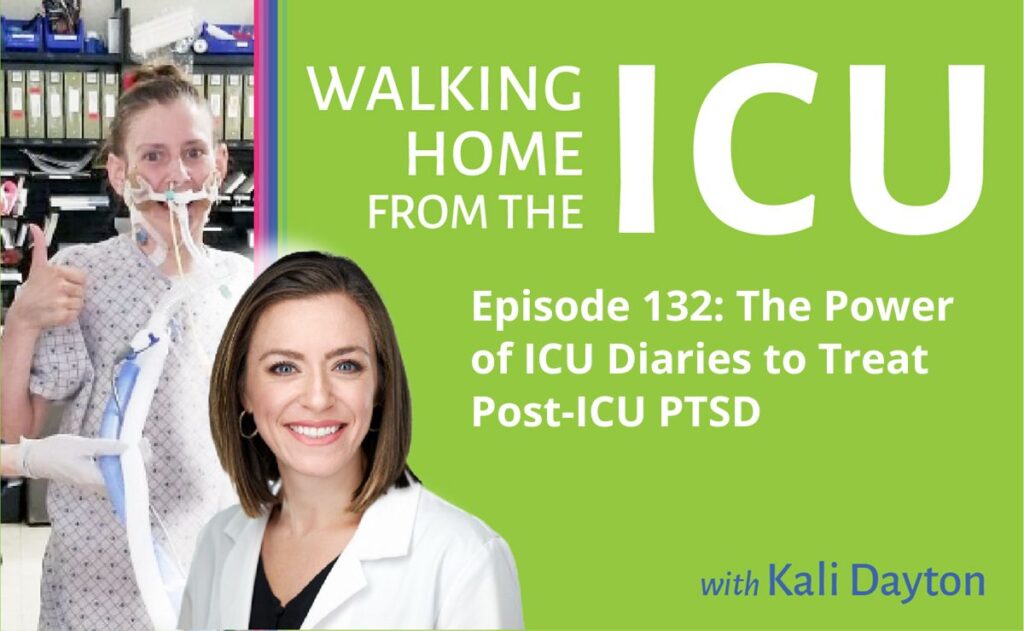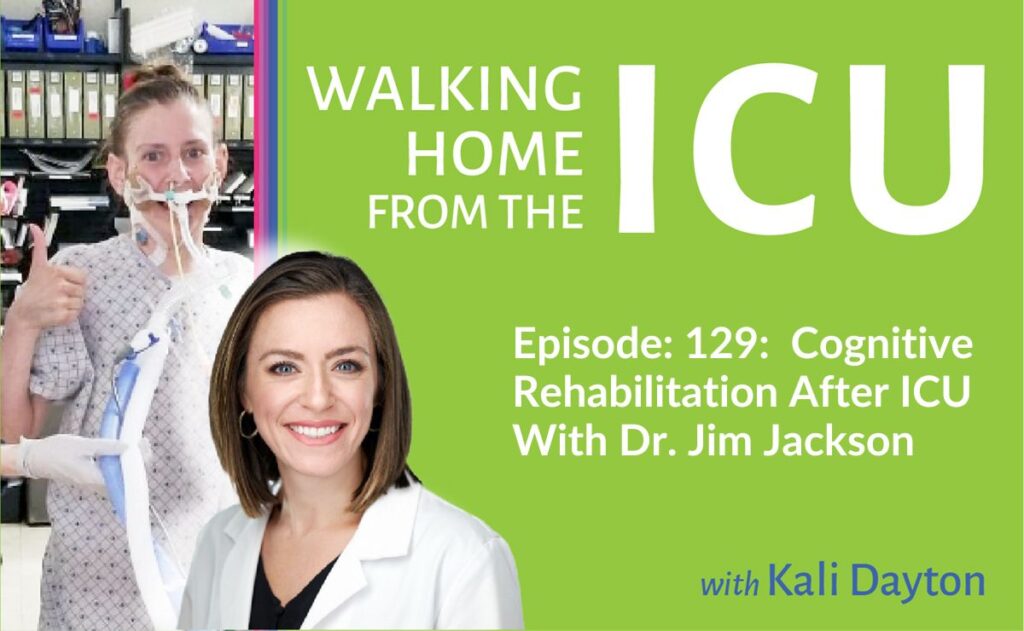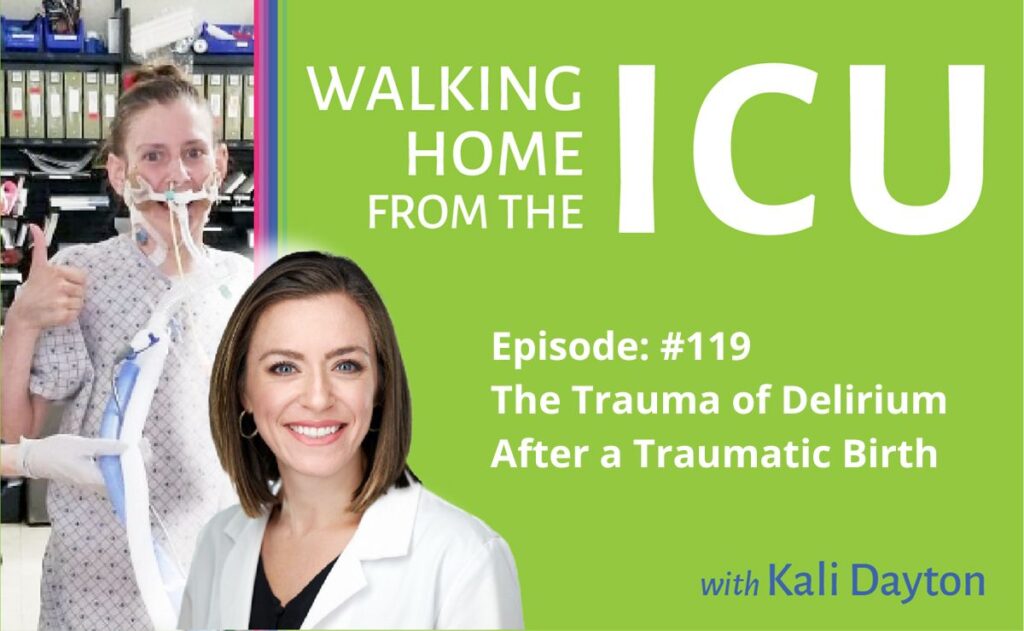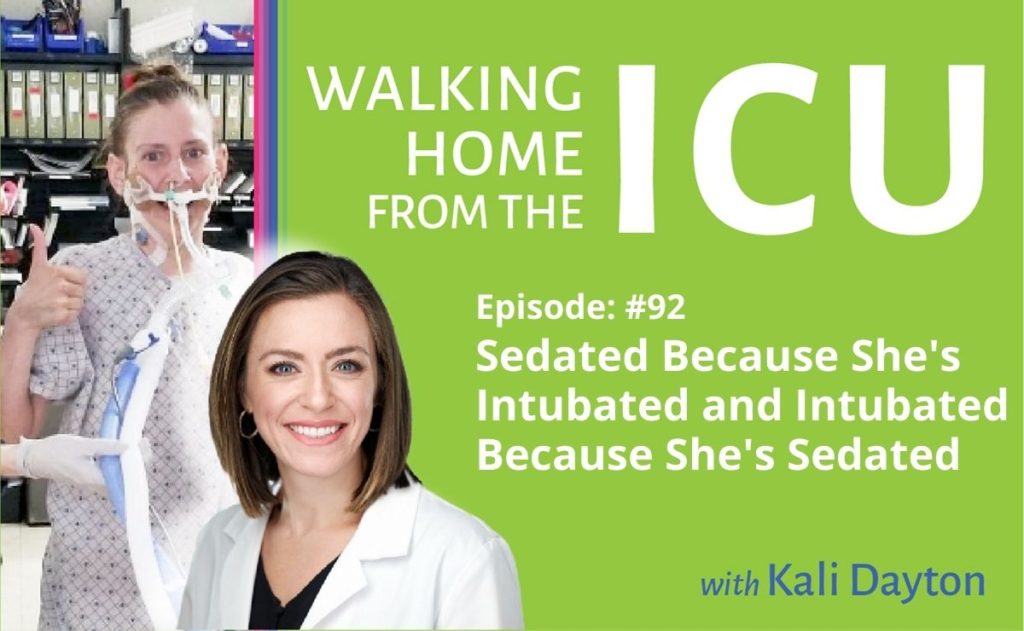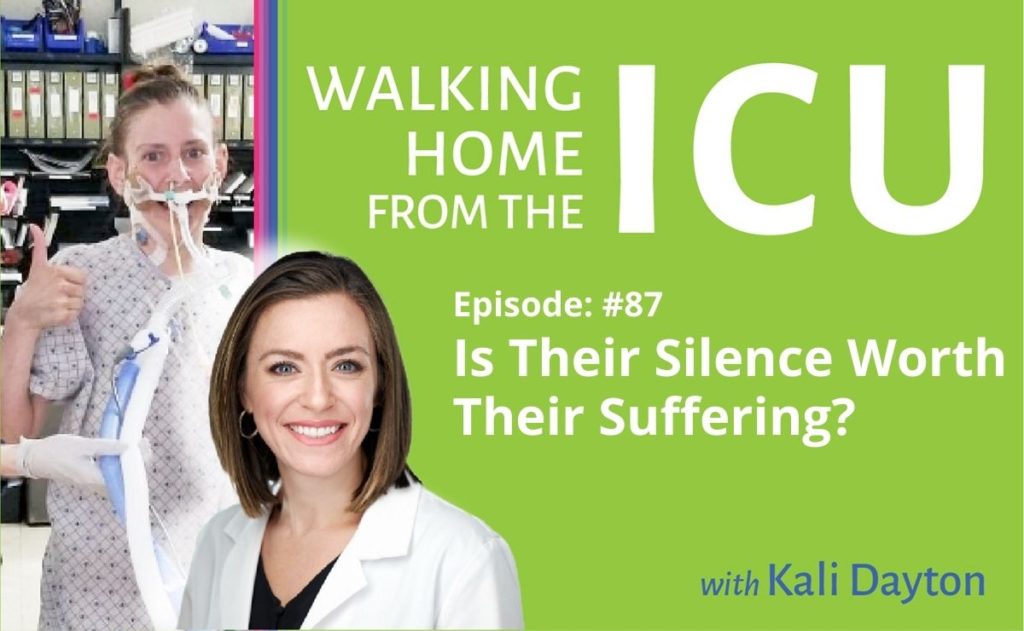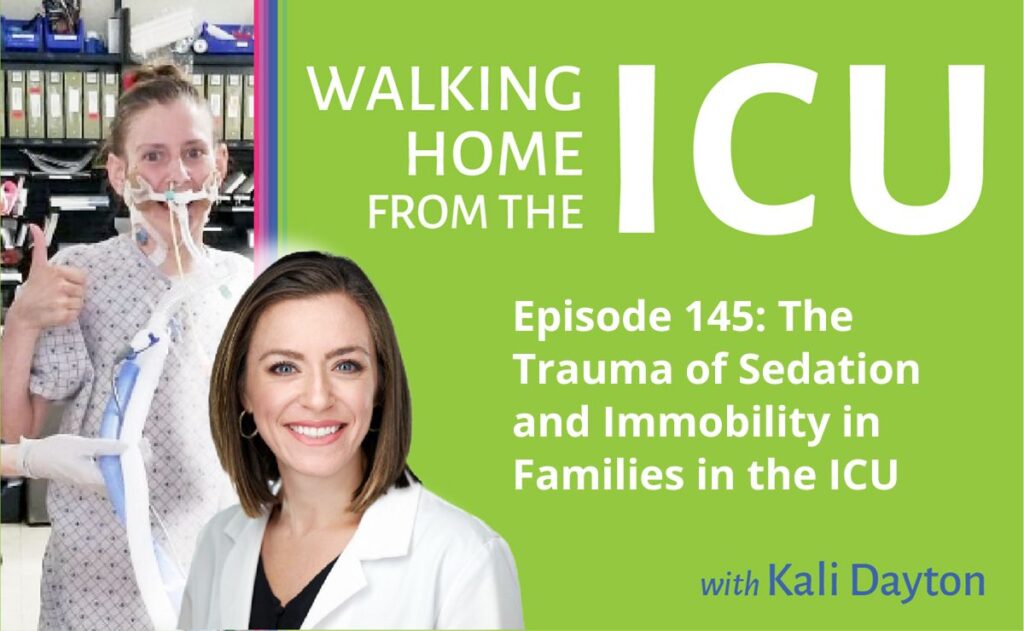
Walking Home From The ICU Episode 145: The Trauma of Sedation and Immobility in Families in the ICU
Sedation and immobility impact more than patient outcomes in the ICU. Family members also suffer the isolation, burden, trauma, and loss from sedation and immobility in and after the ICU. Families are also at risk of developing post-ICU syndrome themselves. Nonetheless, they are left unprepared to care for their loved ones who are suffering the
